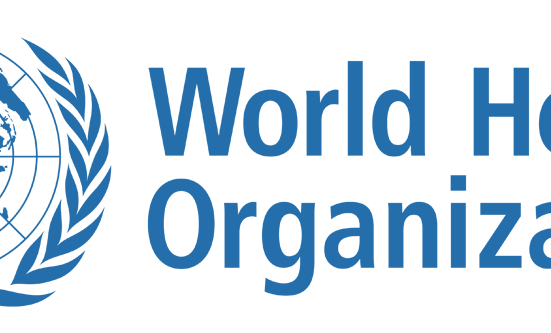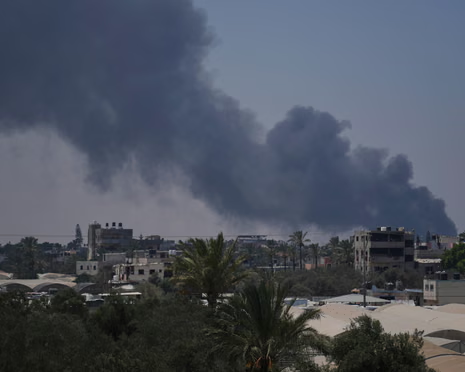Abuja, July 1, 2025 — With the rainy season intensifying across Nigeria, health authorities are ramping up efforts to prevent and contain a potential surge in cholera cases, which often spike due to flooding and contaminated water sources.
The Nigeria Centre for Disease Control and Prevention (NCDC), in collaboration with the World Health Organization (WHO) Nigeria Office, has launched an early preparedness campaign focused on rapid detection, swift response, and targeted protection of high-risk communities.
The initiative, which spans across several vulnerable states, aims to strengthen surveillance systems, improve access to clean water, distribute oral rehydration solutions (ORS), and educate communities on hygiene practices to halt the spread of the waterborne disease.
“Preparedness saves lives, especially during seasonal outbreaks,” said Dr. Jide Idris, Director-General of the NCDC. “We are deploying teams and resources in advance to ensure that cholera hotspots are quickly identified and responded to before the situation escalates.”
According to public health officials, Nigeria has already recorded sporadic cases in parts of the North-East and South-South, with vulnerable groups such as children and displaced persons at highest risk. Cholera, which spreads through ingestion of contaminated food and water, can become fatal within hours if not treated promptly.
WHO Nigeria, through its country representatives, reaffirmed its technical and logistical support to Nigeria’s public health authorities. “Our collaboration focuses on data-driven action, real-time diagnostics, and community engagement. The goal is zero preventable cholera deaths,” the organization said in a joint statement.
Previous cholera outbreaks in Nigeria have claimed thousands of lives, often exacerbated by weak sanitation infrastructure, poor waste disposal, and delayed reporting. With climate change intensifying rainfall and flooding patterns, health experts warn that the risks are becoming more cyclical and severe.
In response, the government and its partners are scaling up health education campaigns, deploying mobile laboratories, and pre-positioning emergency supplies in affected zones. Citizens are also being urged to report symptoms such as diarrhea and vomiting early and to avoid open defecation and unsafe water consumption.






